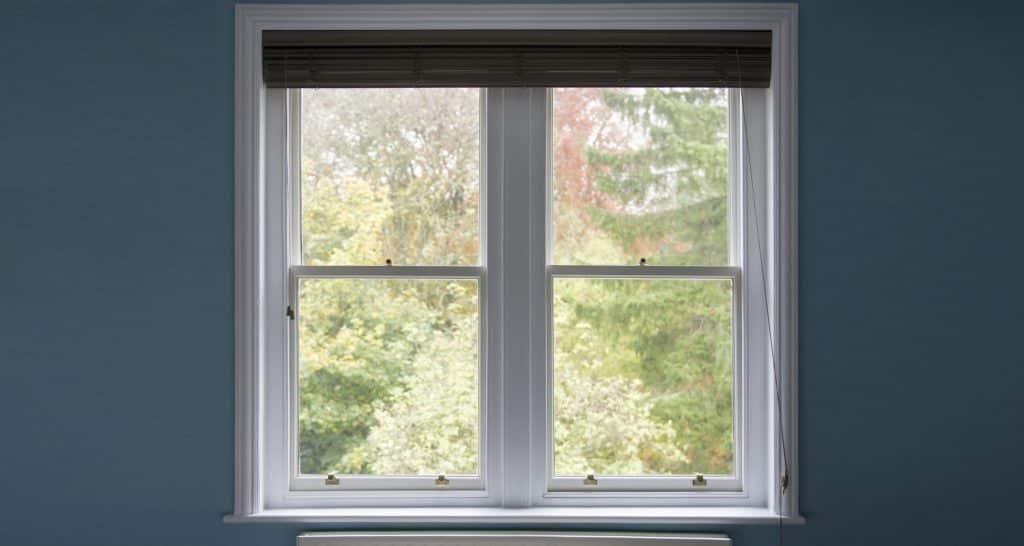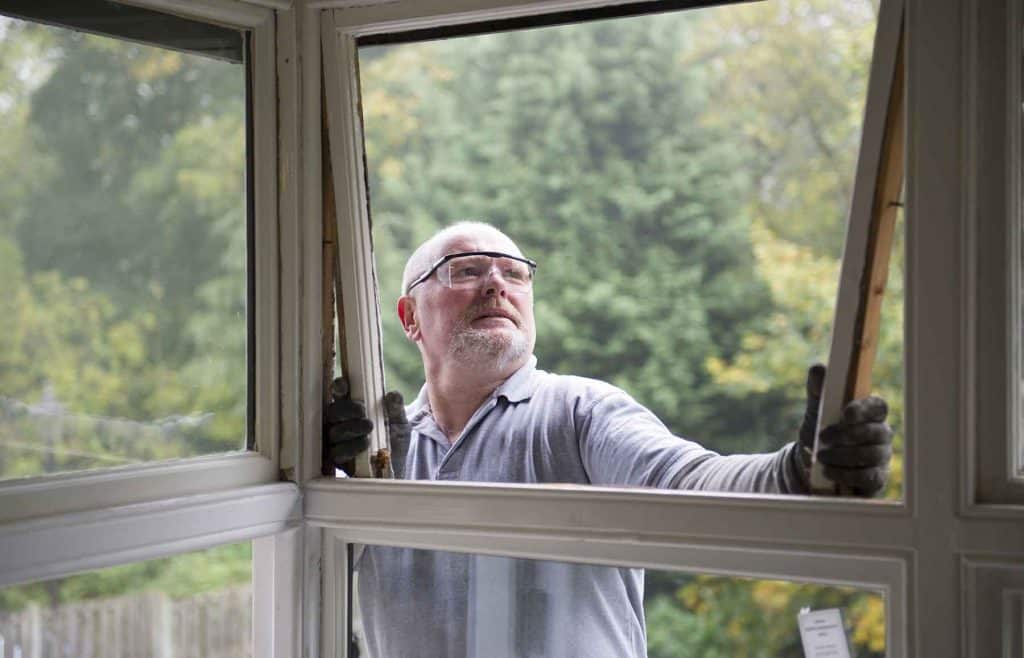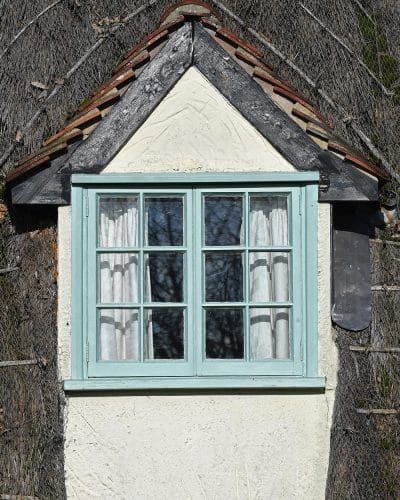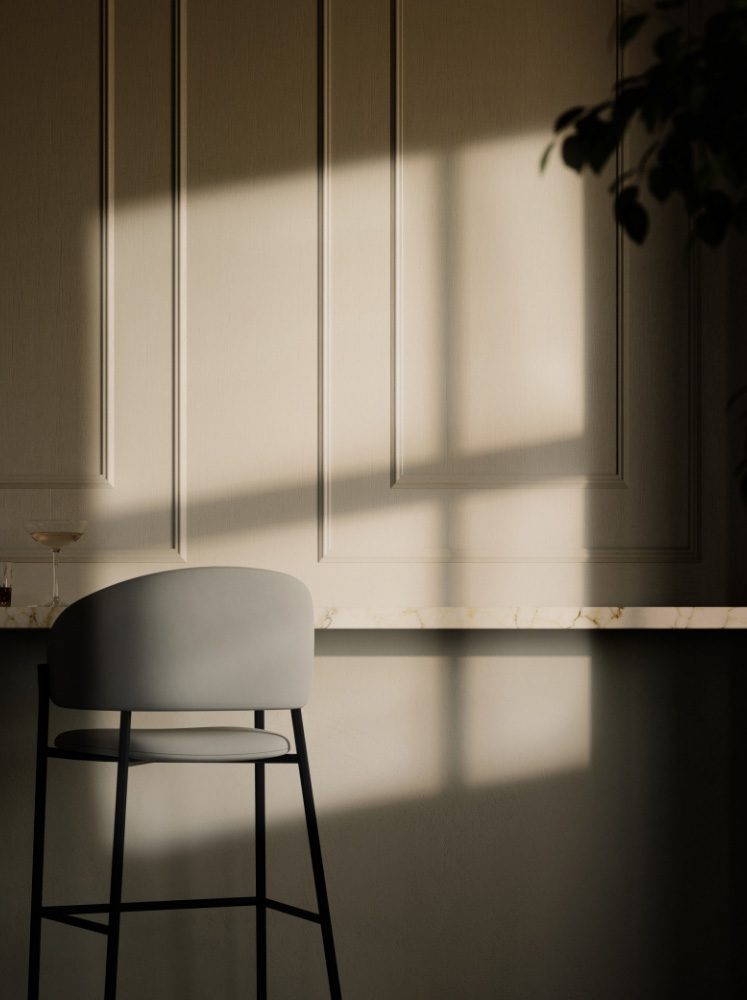Windows & Doors
UPVC vs Timber Windows: Which is Best?

Are timber windows better than uPVC?
Ensuring you’ve selected the best window style to suit your home and its needs is hugely important, though many customers find themselves torn between whether they should choose uPVC or timber windows. Whilst both styles increase the value of properties, there is a clear divide as to which window style is a stronger option. If longevity, security, sustainability and insulation are important factors in your decision making, then a timber window is the best contender.
Longevity
Unlike uPVC, timber windows last their homeowners anywhere between 60-80 years of service. A 2013 study conducted by Heriot-Watt University determined how timber windows outlast uPVC window styles by a minimum of 30 years – highlighting the efficacy of wooden windows cost efficiency and maintenance. This long-term durability affords homeowners peace of mind that they won’t run into any unexpected repair or replacement costs whilst providing lasting aesthetic and functional assurance. Timber windows’ low maintenance benefits make them a great choice for contemporary homes and period properties.

Security
Timber is also a robust material that boasts top security privileges thanks to the thickness and density of the wood. These features help make timber sash windows a great option for assuring the safety of your home. Whilst the window style used to be manufactured in a way which compromised points of security, modern timber sash windows have internalised all components of structural integrity with outstanding vulnerabilities removed so that easy access can’t be gained.
Sustainability
UPVC frames are a manufactured cocktail of plastic and metal so exist as yet another plastic product destined for landfill. When selecting a timber window for your home, you’re working entirely with organic materials that are both sustainable and much more durable than its plastic competitors. As a natural resource, timber is renewable, strong, and has low thermal transmittance meaning it is both environmentally and energy conscious. Choosing timber sash windows is not only advantageous for the homeowner, but also extends to the well-being of our environment and improves your home’s carbon footprint.

Insulation
Despite what you may have heard about timber, heat loss is not an issue of timber sash windows. It is a naturally insulating material which has low thermal conductivity meaning that timber windows allow for the heat to be efficiently preserved throughout the home in the winter whilst also allowing for a cooler environment to be created during the summer. For those who opt for uPVC windows, their ultra-insulating and unnatural properties mean they would keep your house uncomfortably warm throughout our growing summer months. Once again timber windows are the most effective window style for your home, as well as offering excellent energy efficiency and helping you to save money on your energy bills.
However, don’t simply take our word for it. Request a brochure from us for more information and look at our gallery to see for yourself examples of homeowners appreciating the many benefits of timber windows.
FAQs about uPVC vs Timber Windows: Which is Best?
What is uPVC?
uPVC stands for unplasticised polyvinyl chloride. It is a type of plastic often used in construction because of its durability, low maintenance requirements, and ability to insulate well against heat and noise.
What are timber windows?
Timber windows are made from wood and are a popular choice for traditional and period homes. They can be made from a variety of types of wood, including Accoya and Sapele, and can be painted or stained to match the exterior of any style of property.
What are the benefits of timber windows?
Timber windows are a great option for homeowners who value a traditional or period look for their home. They can be easily customised to fit the exact specifications of a home and can be painted or stained to match any style. Additionally, timber is a renewable resource, making it an eco-friendly choice.
Accoya windows are highly durable and energy-efficient, making them a great option for homeowners who want a low-maintenance and long-lasting option. Sapele windows, on the other hand, offer a classic look that many homeowners prefer and can be a great option for those who are looking for a sustainable and eco-friendly choice. At Ventrolla we use a combination of the two woods for our timber windows. Expertly crafted, our wood windows reduce energy consumption, require little maintenance, and offer long-lasting durability enabling them to withstand the test of time.
Which is better, UPVC or timber windows?
The answer to this question depends on several factors, including personal preference, budget, and the specific needs of the home. UPVC windows are highly durable and energy-efficient, making them a great option for homeowners who want a low maintenance option that will last for years. Timber windows, on the other hand, offer a classic look that many homeowners prefer, and can be a great option for those who are looking for a renewable and eco-friendly choice. If you value longevity, security, sustainability, and insulation when considering your options, then a timber window would be your ideal choice. Ultimately, the decision between UPVC and timber windows should be based on the specific needs and preferences of the homeowner.

